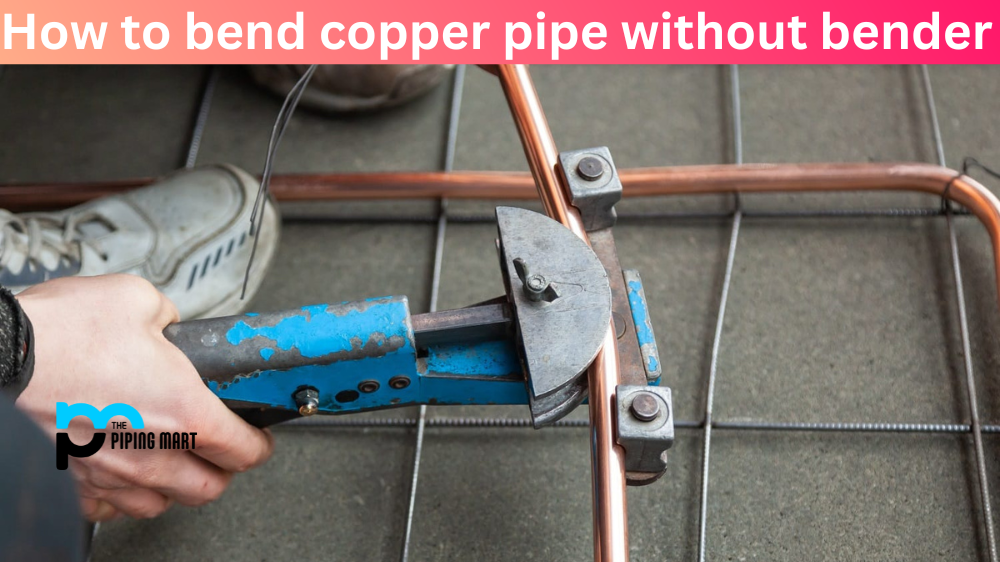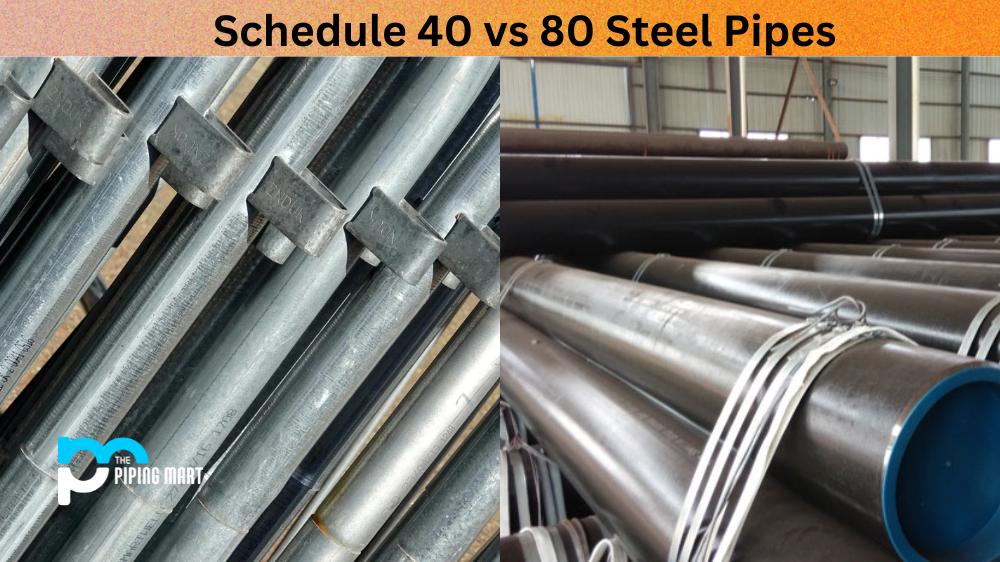Copper and tungsten are the most popular metals for jewellery and other decorative items. Both metals offer a wide range of benefits, but when selecting the suitable metal for your project, it’s essential to understand the differences between copper and tungsten. In this blog post, we’ll compare copper and tungsten in terms of their pros and cons so you can decide on which metal to use.
Difference Between Copper and Tungsten
Durability & Strength
When comparing copper vs tungsten, one of the key differentiators is durability. Tungsten is much harder than copper, making it more resistant to scratches, dents, and other forms of wear and tear. This makes it ideal for jewellery worn often or exposed to harsh environments. Copper is also strong but not as strong as tungsten; however, its malleable nature makes it easier to shape into intricate designs.
Copper vs Tungsten Weight
Another factor that sets copper apart from tungsten is weight. Tungsten has a much higher density than copper – meaning it’s heavier per volume – making it uncomfortable for some people when worn for long periods. On the other hand, copper is lightweight yet surprisingly strong; its lightness makes it ideal for those who want a metal that won’t weigh them down throughout the day.
Copper vs Tungsten Cost
Finally, when comparing copper and tungsten costs, there needs to be a clear winner in terms of overall value. While tungsten offers superior durability and strength compared to copper, its higher price tag may be prohibitive for some people. On the flip side, while copper may not last as long as tungsten in specific applications – such as jewellery – its lower cost makes up for its value over time.
- Copper is softer than tungsten, meaning it is easier to work with.
- Tungsten has a higher melting point than copper, which can withstand higher temperatures.
- Copper is a better conductor of electricity than tungsten.
- Tungsten is more resistant to wear and tear than copper.
- Copper is more abundant than tungsten, making it less expensive.
Conclusion:
When considering whether you should use copper or tungsten metal for your next project or piece of jewellery purchase, you’ll need to consider all factors involved – including durability & strength, weight & comfort, and cost & value – before making your final decision. By understanding the differences between these two metals, you can make an informed choice that meets your needs without breaking the bank! Ultimately both metals have unique advantages depending on what project they are being used for, so do your research before committing to either one!

A passionate metal industry expert and blogger. With over 5 years of experience in the field, Palak brings a wealth of knowledge and insight to her writing. Whether discussing the latest trends in the metal industry or sharing tips, she is dedicated to helping others succeed in the metal industry.




